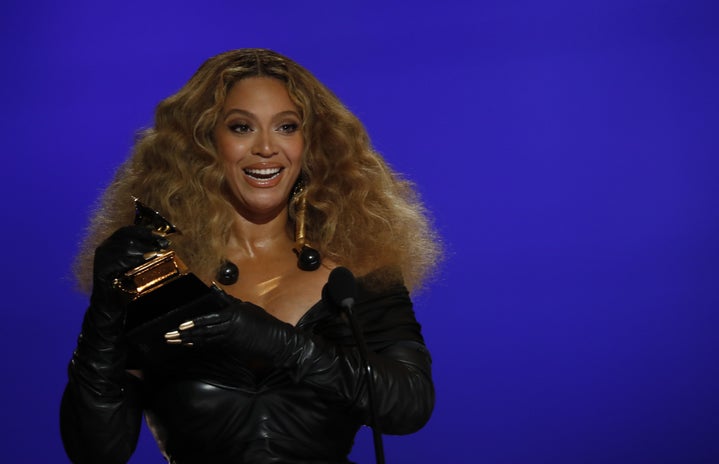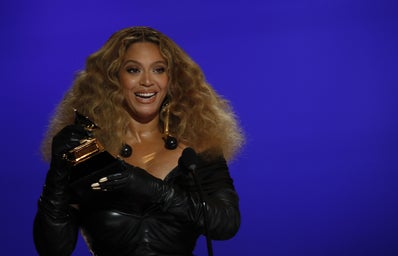By Allyyah Aali
When dealing with the vast landscape of pop culture, few figures are highlighted as brightly as Taylor Swift and Beyoncé Knowles-Carter. Both are seen by society as powerhouse musicians, cultural icons, and feminist trailblazers, yet the stark differences in the recognition they receive speak volumes about the entrenched biases that permeate our society. In this article, I aim to dissect the comparative stardom of Swift and Beyoncé, highlighting how systemic racism undermines Beyoncé’s impact while elevating Swift to heights perhaps undeserved and how this phenomenon echoes the historical narrative of black excellence being undervalued in a nation built on the backs of enslaved people.
To understand the present, it is imperative to continue to analyze the past. The United States, a nation lauded (ie. highly praised) for its ideals of freedom and equality, was forged through the brutal exploitation of African slaves. The economy thrived on their labor, yet they were systematically denied recognition, agency, and, above all else, humanity. This foundational injustice laid the groundwork for a society where black excellence is often overlooked or appropriated while white mediocrity is rewarded and celebrated.
Fast forward to the modern entertainment industry, where Taylor Swift and Beyoncé reign as queens in their respective genres. Taylor Swift encapsulates catchy melodies and relatable lyrics and has undeniably captured the hearts of millions since she was 17. Yet, critics argue that her success is disproportionate to her talent. Swift’s brand of pop-country fusion is often seen as safe and formulaic, lacking the depth and innovation of other artists. However, she receives endless accolades, dominating award shows and magazine covers.
On the other hand, Beyoncé, a visionary artist who seamlessly blends genres and pushes artistic boundaries, faces a different reality. Despite her groundbreaking work in music, film, and activism, Beyoncé is frequently snubbed by mainstream institutions. Her landmark visual album, Lemonade, which explores themes of race, feminism, and resilience, was hailed as a masterpiece by both critics and fans. Yet, it was shockingly overlooked at major award ceremonies, sparking outrage and reigniting conversations about racial bias in the industry.
The disparity in recognition between Swift and Beyoncé speaks volumes about the deep-seated prejudices that pervade society. Beyoncé’s blackness, coupled with her unapologetic celebration of her heritage often makes her a target of criticism and marginalization. She’s scrutinized for being too outspoken or too political, whereas Swift is celebrated for her supposed apolitical (ie. not involving poltiics) stance, which conveniently aligns with the status quo.
Moreover, Beyoncé’s success is often attributed to her beauty, sexuality, or charisma, downplaying her immense talent and work ethic. This reductionist view not only diminishes her achievements but also perpetuates harmful stereotypes about black women. Meanwhile, society keeps a skewed view of Swift’s brand as the innocent girl next door, perpetuating a narrative of white innocence and purity that has long been weaponized against women of color.
This phenomenon of Beyoncé being overlooked while Swift is celebrated is a microcosm of the larger issue of systemic racism. Black excellence is consistently undervalued and undermined, while white mediocrity is elevated and rewarded. This pattern is not unique to the entertainment industry but permeates every facet of society, from education to employment to the criminal justice system.
The comparative stardom of Taylor Swift and Beyoncé underscores the pervasive influence of systemic racism in our society. Beyoncé’s struggle for recognition beyond basic accolades and respect is not merely a reflection of individual bias but a symptom of a larger structural issue. Until we confront and dismantle the systems that uphold white supremacy, true equality and justice will remain elusive. It’s time to acknowledge the contributions of black artists like Beyoncé and recognize their immense impact on culture and society. Only then can we truly move towards a more equitable and inclusive world.


